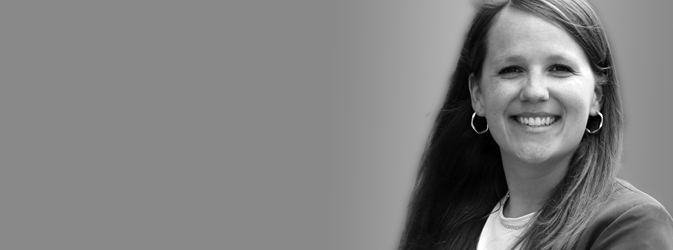The MOVE (Mobility for Vesicle Research in Europe) fellowship is a program from the European EV societies and networks, designed to provide early career researchers with the opportunity to travel to another lab in Europe, learn new technical skills, expand their professional networks, and foster collaborations. In November and December 2023, I had the opportunity to undertake a 7-week fellowship in Utrecht, Netherlands, under the supervision of Esther Nolte-‘t Hoen. Esther's research group has extensive experience in isolating extracellular vesicles (EVs) using density gradient ultracentrifugation and analyzing these vesicles by flow cytometry.
In my PhD project, I am working on the infection of macrophages by Klebsiella pneumoniae, a life-threatening pathogen and one causative agent of pneumonia. One part of my thesis is to investigate host and bacterial EVs released in this infection context, how they change compared to naïve vesicles, in regard to their composition, cargo, and stimulation efficiency of naïve immune cells. Therefore, my aim was to isolate and separate bacterial and host EVs released in an infection context. The main challenge here is to separate these two types of vesicles from each other.
The aim of my fellowship was to isolate and separate bacterial and human EVs through density gradient ultracentrifugation. The existing literature suggests that bacterial and human vesicles have different densities. Therefore, I initially focused on separating them via a density gradient and then analyzing the individual fractions by flow cytometry. Working in Esther's group allowed me to utilize existing protocols and learn the density gradient centrifugation technique. Once I was familiar with the basics, I could adapt the protocols to my experimental needs to achieve optimal separation of bacterial and human vesicles. Furthermore, I gained valuable insight into different staining techniques for EVs, using both membrane dyes and antibodies, and understanding their respective advantages and disadvantages. Moreover, I isolated EVs from tracheal secretion and will analyze them in my ongoing project.
The MOVE fellowship gave me the unique opportunity to learn new technical skills, which I could combine with the great experience of completing a fellowship in a new research group in a foreign country. It provided an excellent platform to build a new collaboration, make international contacts, and broaden my personal horizon. During the 7 weeks, I gained a wealth of knowledge that will significantly advance my PhD project, for which I am very grateful.


